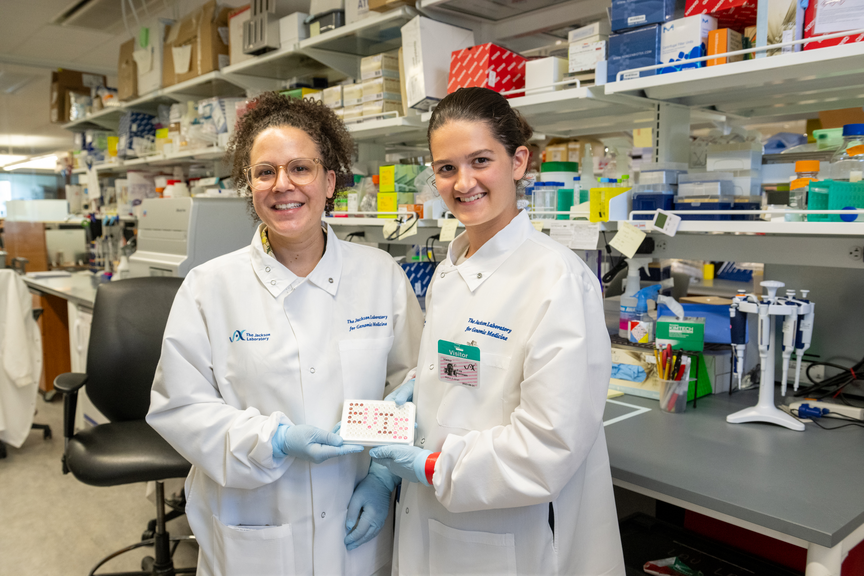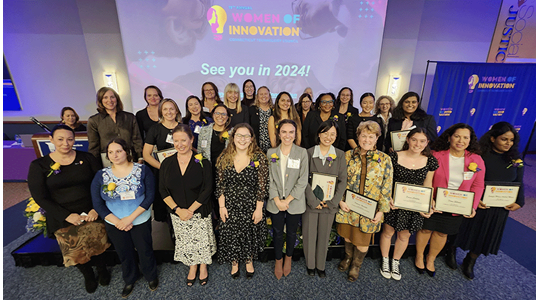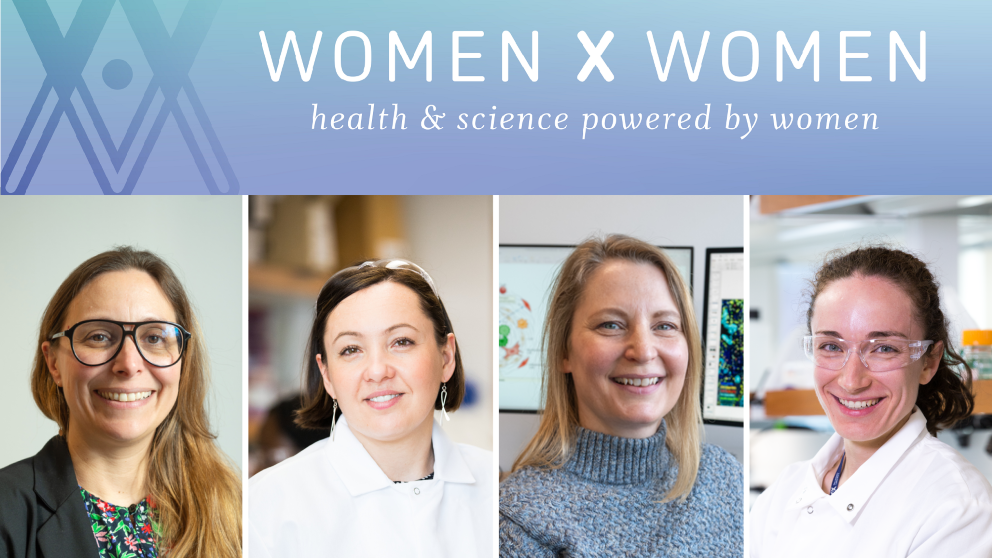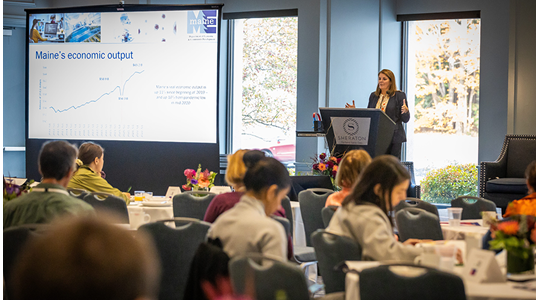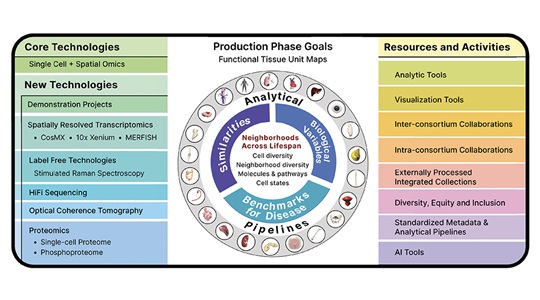Elise Courtois, Ph.D.
Director, Single Cell Biology Lab and Senior Research Scientist
Investigates tools for single Cell and Spatial -omics research. Studies endometriosis etiology, pathobiology, and heterogeneity.
Elise Courtois received her Ph.D. in molecular and cell biology at Universidad Autonomy de Madrid (Madrid, Spain) and her M.S. in Biochemistry at the University de la Mediterranee (Marseille-Luminy, France). After graduation, Courtois specialized in stem cell and cancer biology and embarked in the nascent field of single cell technologies during her postdoctoral studies (IMCB and GIS, A-STAR, Singapore). She exploited novel single cell assays to elucidate the cellular composition of human colorectal cancers, and she developed novel multi-omic single cell approaches while working in the lab of Dr. Paul Robson, founder of the Single Cell Omics Center (GIS, A-STAR, Singapore).
In 2017, she joined the Jackson Laboratory for Genomic Medicine (Farmington, CT, USA) as a Research Scientist in the Single Cell Biology Lab. She established collaborative networks to investigate tumor microenvironment complexity in glioblastoma, pancreas, and many other diseases using single cell assays. In addition, Courtois led the implementation and development of a 3D-High Content Screening (3D-HCS) platform within the Single Cell Biology Lab, combining automated liquid handling, patient-derived 3D cellular models and morpho-phenotypic screens. Courtois was promoted to co-Associate Director position for the Single cell biology lab in 2021, where she continued to drive innovation in the single cell- and spatial- omics fields. Since 2023, Courtois is leading the Single cell Biology Lab as Director, continuing its mission to provide the scientific research community access to state-of-the-art single cell and spatial multiomics technologies to interrogate cells individually, in their spatial context or within a functional system.
Courtois has an independent research program focusing on Women’s Health and reproductive biology related diseases, with a strong emphasis on endometriosis. Endometriosis affects 190 million of women (and individuals assigned to female at birth) worldwide. This disease, characterized by the presence of endometrium-like tissue outside the uterus, has a dramatic impact on patients’ lives, causing severe and debilitating symptoms. Despite its large prevalence, there exists no cure, effective treatment, nor early diagnostic biomarker to date. The etiology, pathobiology, and disease recurrence mechanisms remain meaningly unknown, and Courtois is using single cell and spatial ‘omics approaches to better understand the key components of the endometriosis microenvironment leading to lesion growth, diversity in presentation and recurrence. Courtois is also a leading advocate for increasing awareness of and funding for endometriosis, and she works with State of Connecticut legislators to promote endometriosis research, education and awareness.


